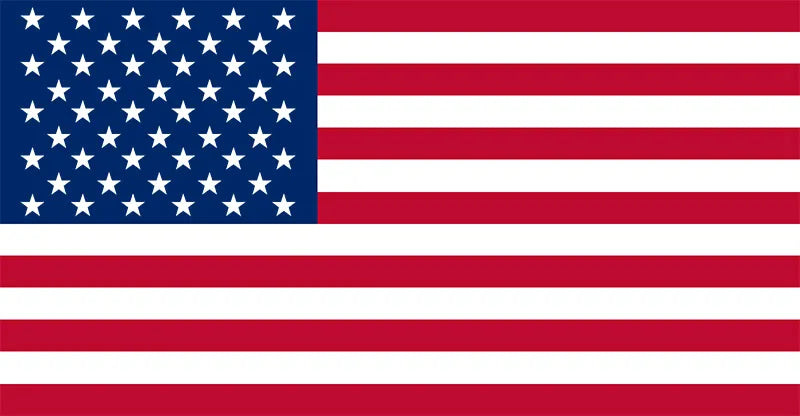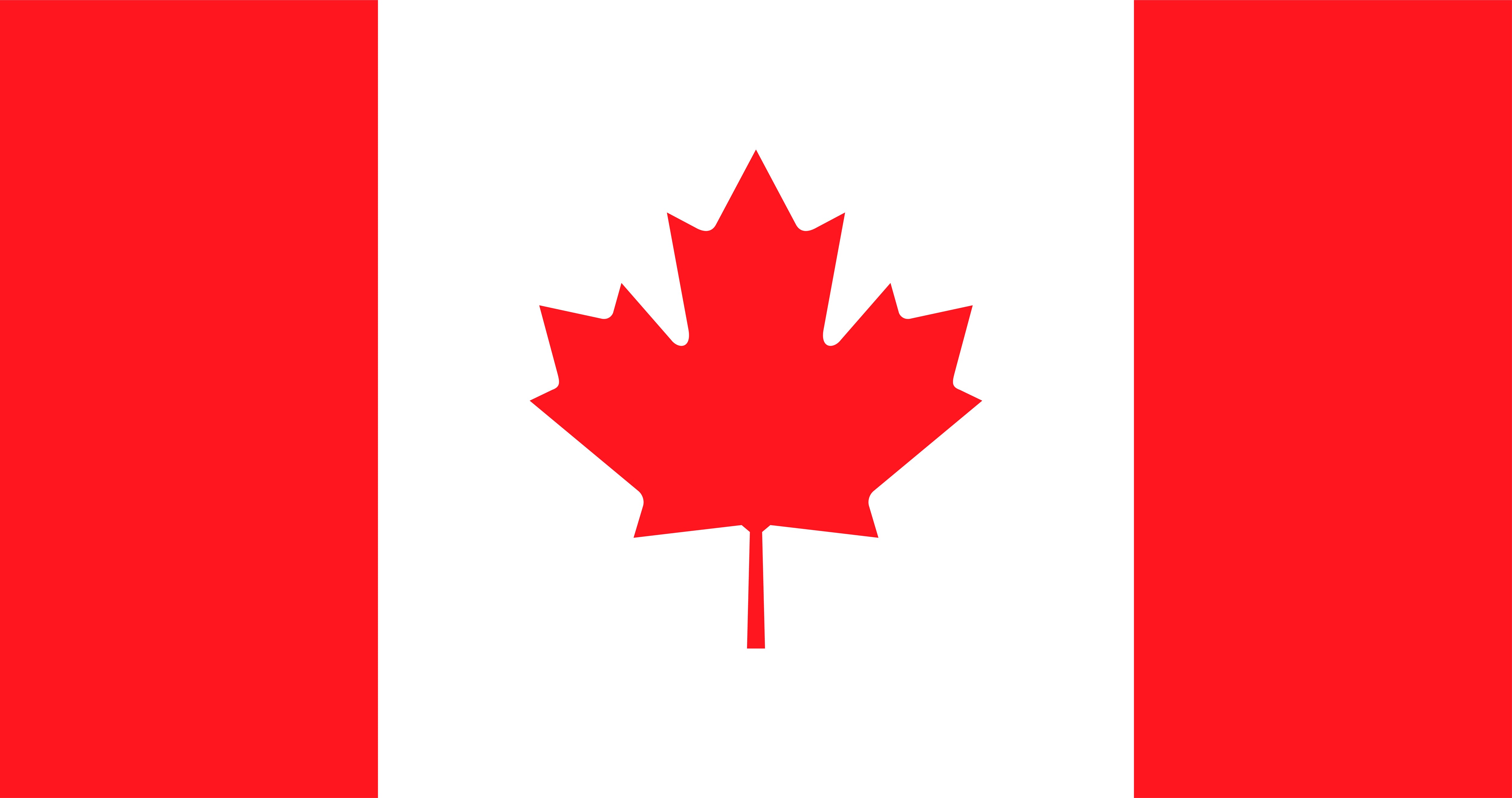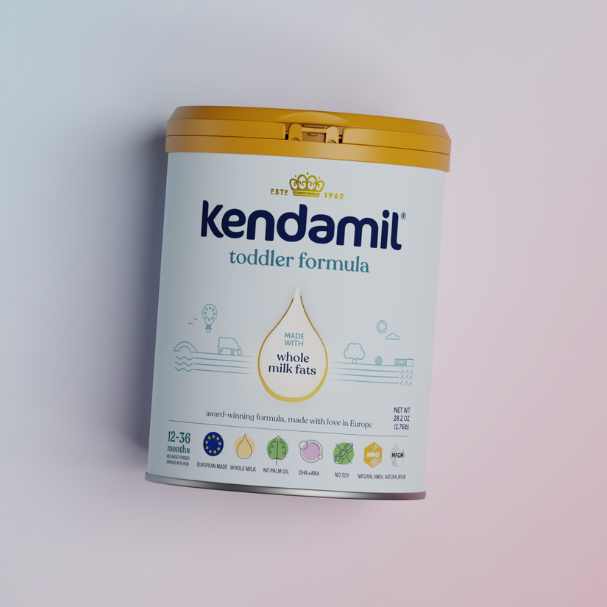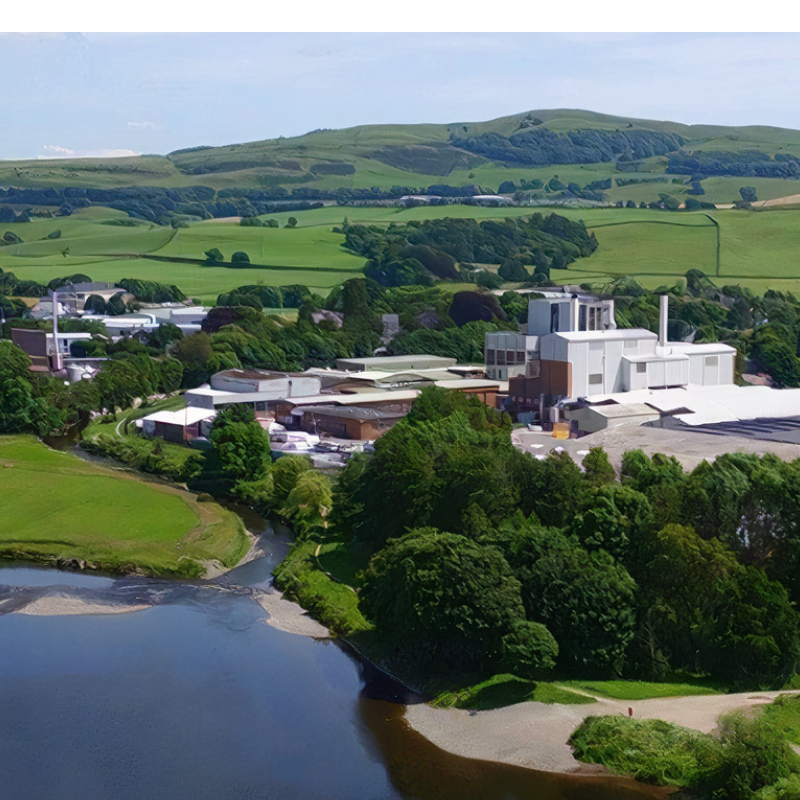If you’re a parent with a toddler on your hands, you might have a few questions about when to stop breastfeeding or formula feeding. So, if you’re finding yourself looking up “when to stop formula feeding” or “when should my baby be drinking whole milk?”, we’ve got you covered.
If you know us here at Kendamil, you’ll know that we’re parents too - which is why we have a whole team's worth of experience to get your little one started on their next feeding milestone!
Every toddler is different!
Ah, toddlerhood! It’s a time for milestones - from their first words to learning new skills.. Toddlerhood is a time for new journeys and big steps - for little ones and parents.
That’s why, before we begin, we’re issuing a little reminder that every toddler is an individual - and if some little ones are moving onto whole milk (and away from breastmilk and/or formula) quicker than yours, that’s okay! It can be easy to get caught in the milestone-hubbub. But, just remember that your little one will move on to their next step in their own time. So take a deep breath and relax. You’ve got this!
When to stop breastfeeding and/or formula feeding?
According to CDC guidelines, you should continue to breast and/or formula feed your baby until they’re at least 12 months of age. After that, the CDC recommends you give your child whole, unflavored, unsweetened cow’s milk. It’s important to make sure this is pasteurized, as raw milk can carry harmful bacteria and other germs that can make your little one sick.
However, as your baby starts to begin their weaning process, they’ll naturally move away from the breast or bottle and start dropping their milk feed intake. This might not happen right away and many toddlers do get attached to their milk feeds. It’s important not to force anything! Remember that breastfeeding, combination feeding or formula feeding is fine for your little one past the age of 12 months. There are no set rules for what your child should be doing and their transition from milk feeds to regular cow’s milk will happen in time.
In a nutshell, after the 12-month mark, as your little one begins weaning, they’ll gradually stop the bottle and gradually make their way towards cow's milk. If you’re wondering what you can do to help your little one along this important journey, stay reading!
Tips for your little one’s milk feeding transition.
There’s no right way to transition to cow’s milk from breast and/or formula milk. However, here are some tips to make the move a little smoother for you and your toddler:
- Alternate between breast/formula feeds and whole cow’s milk: You can try swapping out your little one’s regular milk with cow’s milk, swapping out one breast/formula feed at a time. This also helps to make your little one’s feeding schedule more seamless, as they can grow adjusted to the taste of cow’s milk over a few days/ weeks instead of being abruptly cut off from familiarity.
- Give your child cow’s milk in a beaker: The CDC recommends moving away from bottle feeding to a cup, but this can be challenging. To ease the process, try alternating between bottle and cup. One day, offer milk in a bottle, the next in a cup. This transition trick can be helpful! Be sure to expect some spills as you move towards cup-feeding - try and embrace the mess as part of their journey towards independence!
- Offer lots of praise: Your toddler may struggle to adjust to their relatively new milk diet (and their new cup!) because this is quite the change - so make sure to offer them lots of praise during this important milestone. This will help your little one feel more accomplished and confident - and who doesn’t love giving and receiving praise?!
- Choosing the right cup: Most often free-flow beakers with hard spouts can help prevent spills. Likewise, a cup with a free-flow lid will teach your little one to sip rather than suck their milk. Once your little one masters sipping out of a breaker, they can more seamlessly move to regular cups.
What drinks should my child drink over 12 months?
The AAP recommends giving children aged 12 to 24 months only plain milk and water. They suggest giving this age group 8-32oz (1-4 cups) of water a day and 16oz (2 cups) of whole milk a day. Fruit juices, flavored milks and sugary drinks such as soda should not be given to children under 2 years.
What if my toddler is intolerant to cow’s milk?
If your little one is showing signs of intolerance or allergic reactions to cow’s milk, you should seek guidance from your healthcare provider or pediatrician. These experts can provide personalized recommendations tailored to your child's specific needs and circumstances. We have a whole blog on cow’s milk allergy and intolerance here.
You’ve got this, KendaParents! Whenever your toddler chooses to move away from breastmilk and/or formula milk to cow’s milk, we know you’ve got this in the bag. With a little bit of patience (and maybe more than a little bit of mess!) your little one will be sipping cow’s milk out of their little cups in no time!
🌟Need some parenting support? Our Customer Support Team are fellow mums and dads. 🌟
Reach out to us! Our customer support team of fellow mums and dads have helped thousands of parents. We're here for you.














